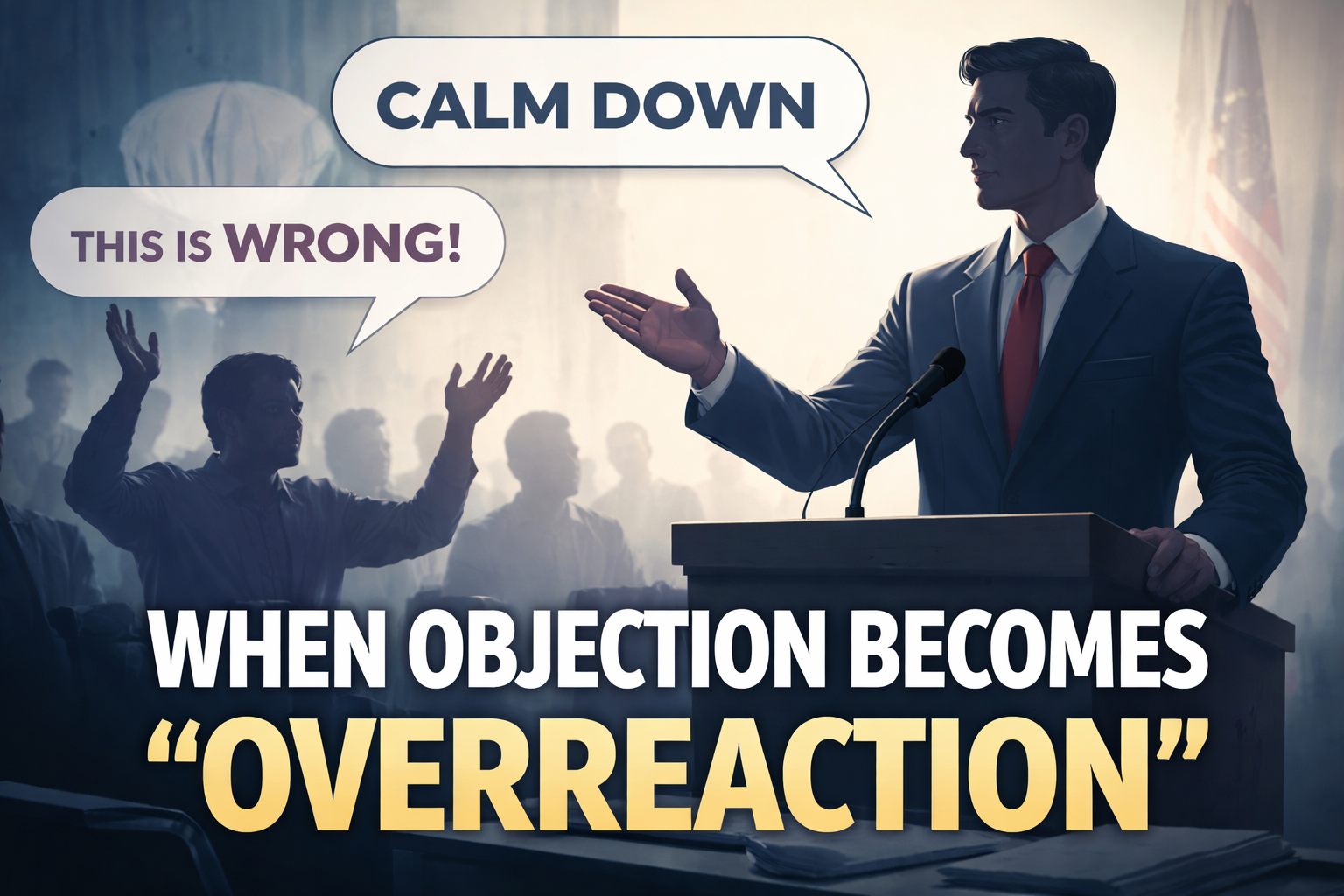
When Objection Becomes "Overreaction"
A psychological analysis of how political power uses calm language to dismiss objections, reframe dominance as necessity, and silence dissent.

"Holding On, But Just Barely": How Jimmy Eat World's "555" Captures the Hard, Hopeful Work of Therapy
Jimmy Eat World’s “555” captures the loneliness, courage, and slow movement of trauma healing. This piece explores how the song mirrors the work of re-parenting, confronting the inner critic, and finding our way back to self-worth through the “simple things.”
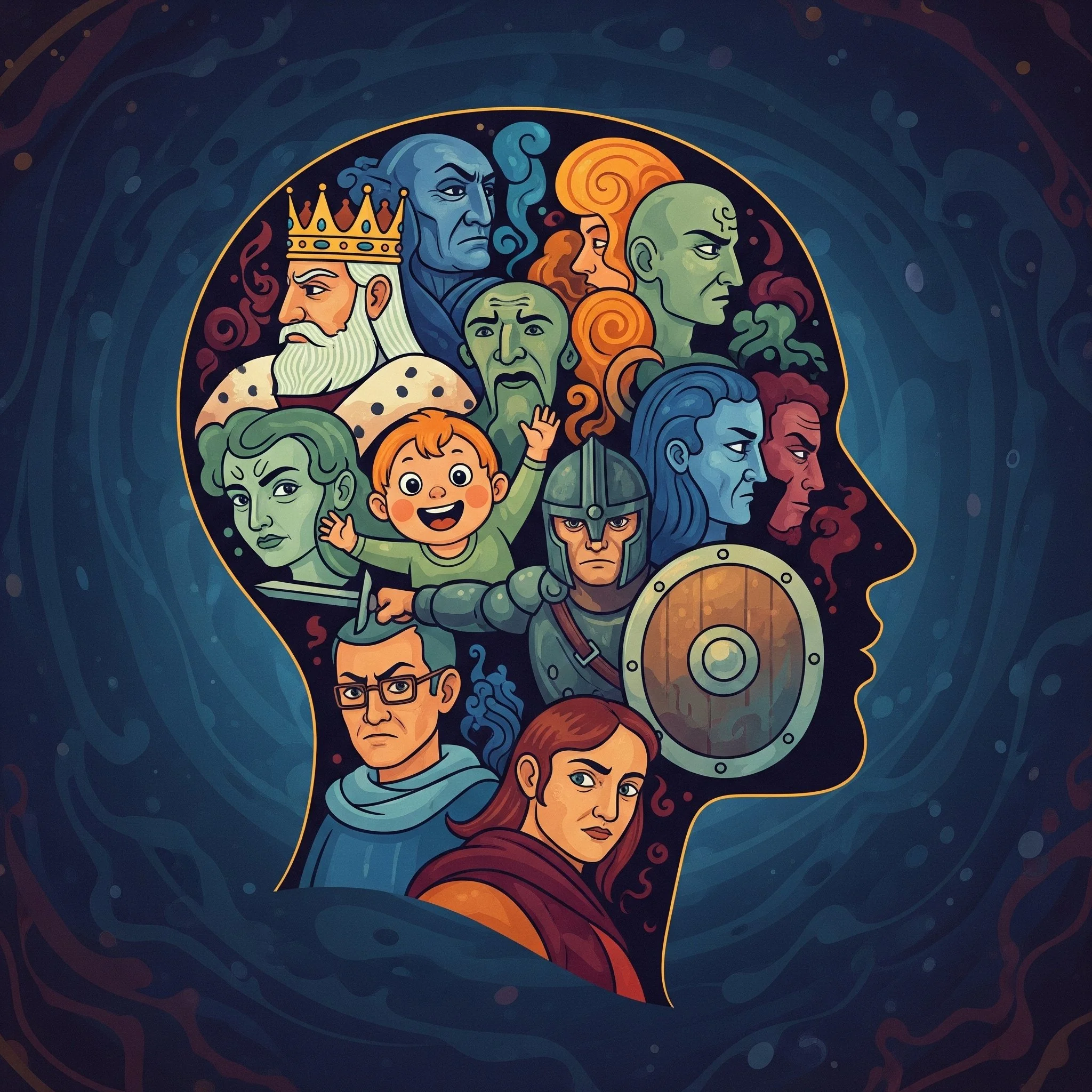
A New Language for an Old Wisdom: A Depth Psychologist's Look at "No Bad Parts"
Is the popular Internal Family Systems (IFS) model truly a new revolution in therapy, or is it a brilliant repackaging of principles from Jung and Hillman? A depth psychologist's take on Richard Schwartz's "No Bad Parts" and the deep lineage of its ideas. #IFS #DepthPsychology #CarlJung #JamesHillman #NoBadParts #Psychotherapy
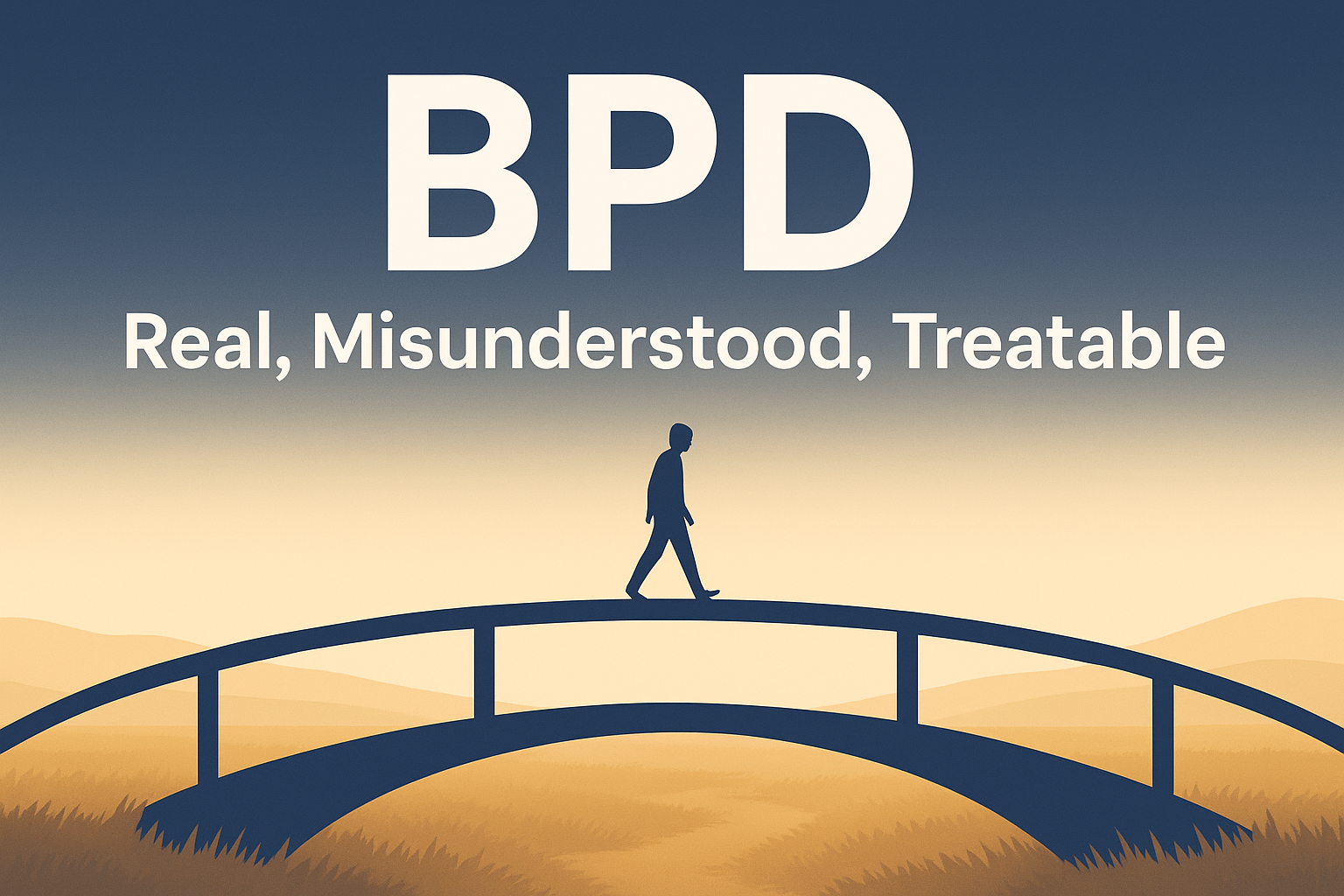
Borderline Personality Disorder: Why It’s Real, Misunderstood, and Treatable
Borderline Personality Disorder is one of the most misunderstood mental health diagnoses — but it’s very real and very treatable. Here’s what you need to know about BPD, how it differs from C-PTSD, and the new tools helping people heal

That Cringey Feeling: Why You Feel So Much Shame and What Your Family of Origin Has to Do With It
Ever overreact to simple feedback or feel like an imposter, even when things are going well? That cringey, sinking feeling is often shame, and its roots usually go back to our family experiences. Let's talk about where it comes from and, more importantly, how to start healing it. Here are 10 powerful journal prompts to get you started on untangling that old story. #Shame #FamilyOfOrigin #MentalHealth #Journaling #Therapy #SelfCompassion #ProsperTX

When Trauma and Instability Intertwine: Understanding CPTSD and BPD
CPTSD & BPD often share symptoms like emotional chaos & relationship struggles. New insights reveal their complex link, pointing to integrated healing approaches. #CPTSD #BPD #TraumaHealing #MentalHealth
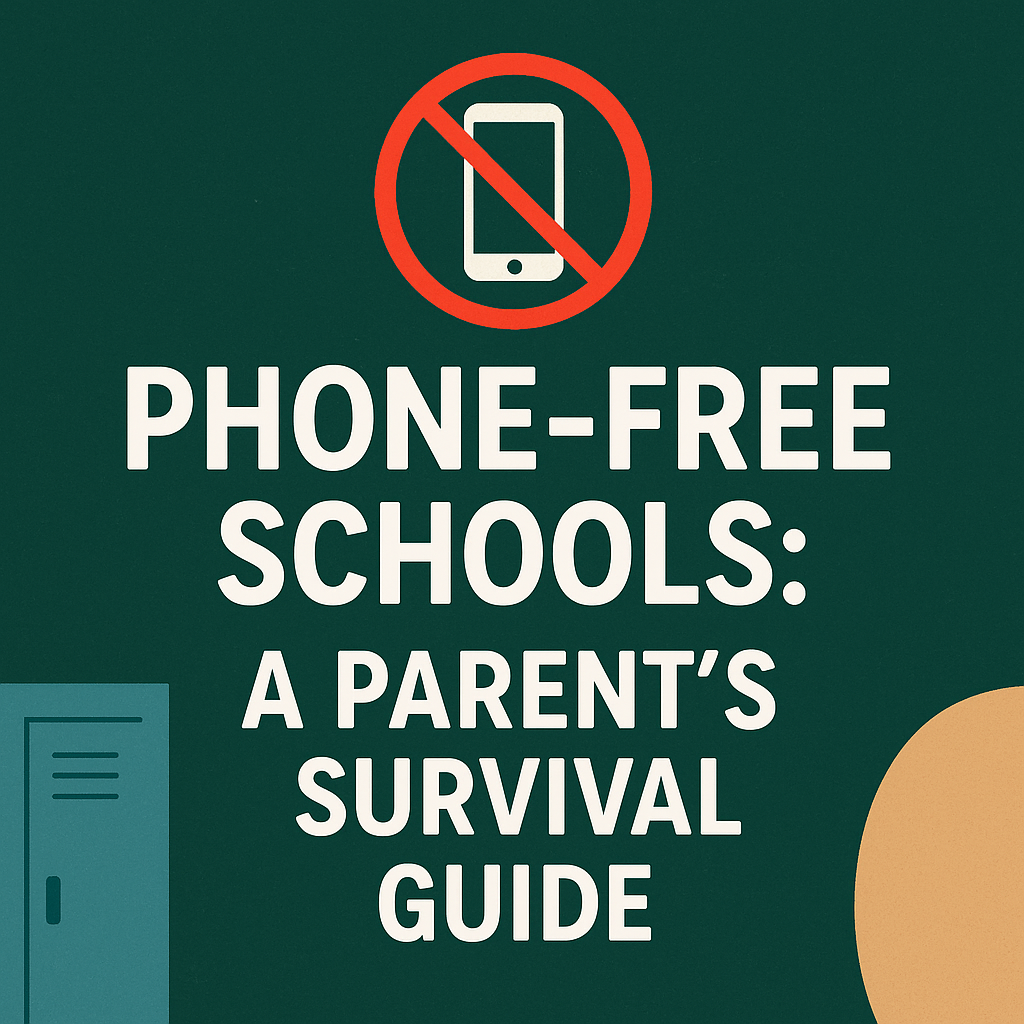
Phone-Free Schools: A Parent's Survival Guide
Is your teen struggling with a new phone-free school policy? You’re not alone. This change is a major adjustment that can cause anxiety and social stress. Learn why it’s so hard and get practical tips to help your teen navigate this transition. #ProsperTX #Teens #MentalHealth #ParentingTips
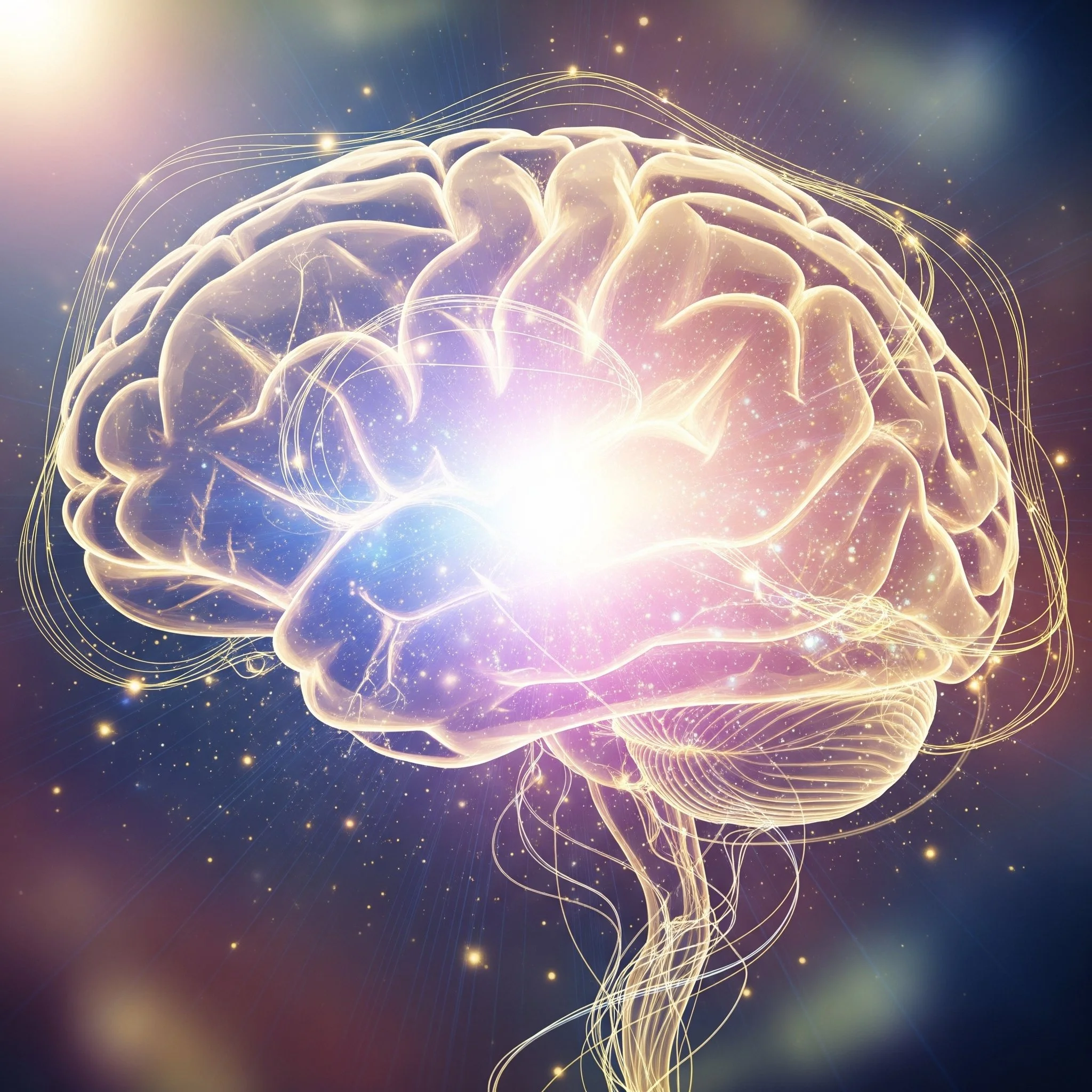
Your Brain on Trauma (And Why There's Real Hope for Healing)
Feeling stuck in old patterns from past trauma? The good news is your brain can change! We're talking neuroplasticity. Learn how to actively rewire your brain and find real healing. #neuroplasticity #cptsd #healingtrauma

Is Your Body Trying to Tell You Something? The Hidden Link Between Trauma and Autoimmune Disease
Are you a perfectionist, people-pleaser, and a "pusher-through?" It might sound like a strength, but for many, these traits are linked to trauma and can show up as autoimmune conditions. This blog explores how trauma can get stuck in our bodies and how to start healing from the inside out. #TraumaHealing #AutoimmuneDisease #InternalFamilySystems #ProsperTX

What Your Child's Mind Knows: Why Thoughts Matter More Than the Trauma Itself
New study reveals that how a child thinks about trauma impacts their mental health more than the trauma's severity! This is huge for healing! #ChildTrauma #MentalHealth #TF_CBT #PTSD #CPTSD

Finding Your Compass: How Self-Compassion Heals Deep Wounds
New research shows self-compassion is a powerful mediator in healing CPTSD linked to childhood trauma & insecure attachment! Learn how being kind to yourself can transform your well-being. #SelfCompassion #CPTSD #TraumaHealing #MentalHealth

When Your Bones Know the Story: Finding Hope in Complex Trauma's Wake
Stephanie Foo's "What My Bones Know" offers powerful insights into CPTSD & healing from childhood trauma. It's a hopeful journey of understanding, compassion, & reclaiming your life. #CPTSD #TraumaHealing #WhatMyBonesKnow #MentalHealth

Unseen Scars: Complex Trauma in the LGBTQIA+ Community
Complex trauma is highly prevalent in the #LGBTQIA community due to unique stressors. Learn why & discover paths to healing through trauma-informed care and self-compassion. #ComplexTrauma #LGBTQIAHealth #TraumaHealing #MentalHealth

Why Daydreaming Could Be One of Your Brain’s Superpowers
Think daydreaming is a waste of time? Think again! New research shows letting your mind wander can unlock serious brain benefits, from boosting creativity to improving memory. Learn how to make your daydreams work for you. #Daydreaming #BrainHealth #Creativity #Psychology

The Tough Truth: What If Your Child Is the Bully?
Is your child bullying? It's a tough truth, but also an opportunity for growth. Learn why kids bully and how to guide them with empathy and support. #ParentingTips #BullyingPrevention #ChildMentalHealth #FamilySupport #ProsperTX
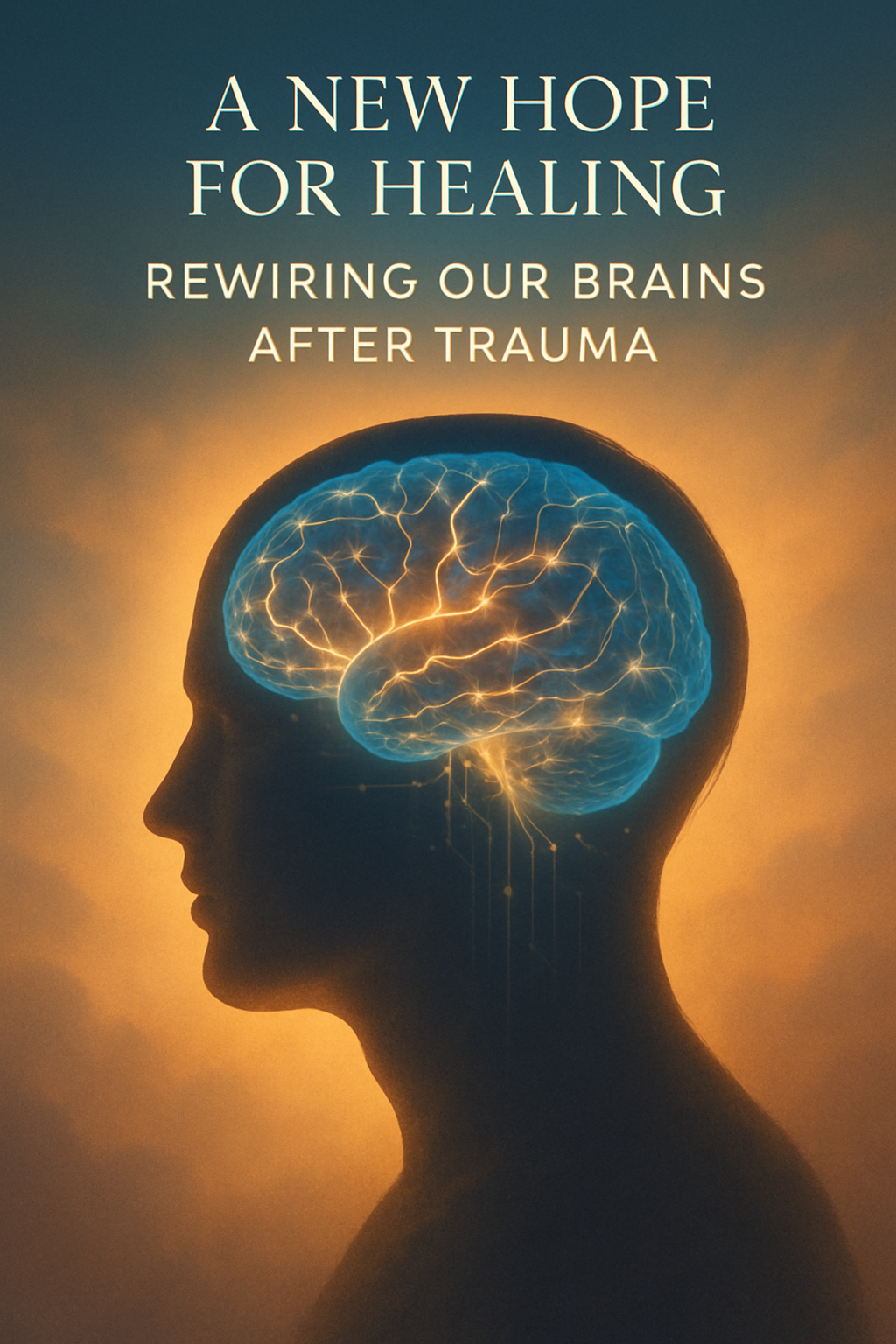
A New Hope for Healing: Rewiring Our Brains After Trauma
Exciting news in trauma healing! New research shows vagus nerve stimulation (VNS) combined with therapy could offer lasting relief for PTSD. Learn how this innovative approach is helping rewire the brain for peace. #PTSD #TraumaHealing #VagusNerveStimulation #MentalHealth

Is Your Teen's Phone Making Them Depressed? What Every North Texas Parent Needs to Know
Is it the chicken or the egg? For years, we've wondered if social media causes teen depression. A major new study provides the strongest evidence yet that it does. As a local psychologist, I'm sharing what North Texas parents need to know. #TeenMentalHealth #SocialMedia #Parenting #NorthTexas #ProsperTX #DepressionAwareness

A Response to “C-PTSD does not stand up to scrutiny.”
Is Complex PTSD just another name for BPD, or is it a crucial diagnosis in its own right? In this response to a recent Psychology Today article, clinical psychologist Dr. Bradford White draws on 15 years of experience to argue for the essential distinction between C-PTSD and BPD. He explores how the right diagnosis can reduce stigma, validate a patient's lived experience, and pave the way for effective, trauma-informed healing. Read the full response here

Understanding the Subtle Differences Between C-PTSD and BPD
Complex PTSD and BPD can look, and feel, very similar. This post gently explores the unique features of each, helping you find understanding and the right path to support.

Is Your AI an Ally, Mentor, or Guru? Or a Roadblock to Real Connection?
Are we trading real connection for AI convenience? As a psychologist, I'm diving into why we're drawn to AI friends and what it means for our mental health and relationships. Let's talk about using tech wisely while keeping our human bonds strong. #AIandHumanity #MentalWellness #DepthPsychology #TechAndMind #TexasTherapist